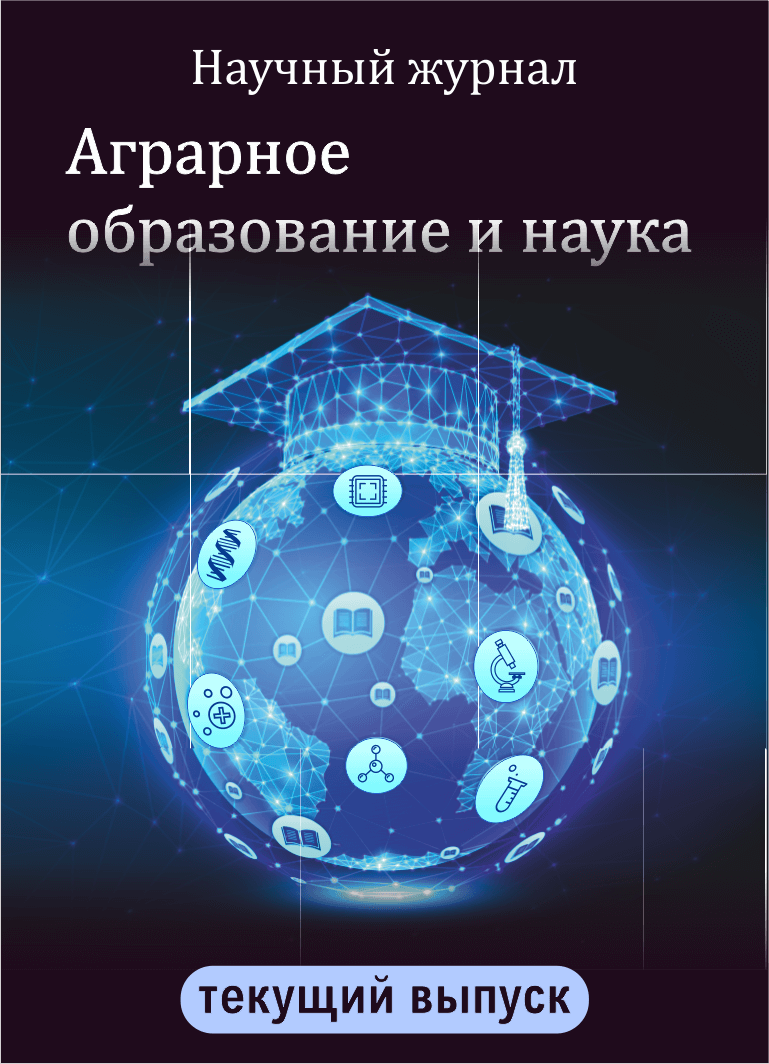Nekrasov S.N., professor, doktor filosofskih nauk,
Sosnovskih D.S., starshiy prepodavatel,
Uralskiy gosudarstvennyy agrarnyy universitet
If in Russia the religious revival in the era of perestroika was painted in bright and humanistic tones, then in the 90s. XX century there was an expansion of medieval religiosity, hostile not only to science, but to education in general. Although obscurantist publications under the slogan “Down with science, long live the darkness and ignorance!” We had few, a lot of work in this direction was carried out by reputable media under the guise of pluralism. At the same time, to this day, charlatans are exposed, but the exposure turns into an advertisement, which concludes with an editorial afterword: we don’t undertake to judge the things that specialists from the academic “pseudoscience commission” should understand. The result is that truth is indistinguishable from lies, barbarism from humanism, obscurantism from enlightenment, and the phenomenon of fake knowledge arises, which is called post-truth. Such postmodernism and tolerance suggest that all value judgments come from the subjective preference and the Machist principle of “saving thinking,” but “there is no comrade to taste and color." Against this background, the destruction of popular science periodicals has become a prerequisite for organized ignorance and cognitive destruction of consciousness, failures in the collective historical memory. At the same time, new risks of social degradation, a failure in the real historical past of feudalism, and new urgent dangers for the civic consciousness and historical education of young generations arose.
References
1. Osipov G.V. Sotsiologicheskaya teoriya i sotsialnaya praktika // Sotsiologiya. # 1, 2006.
2. Human nature and social theory. A letter by Erich Fromm // International Erich Fromm Society. # 4, 2000.











